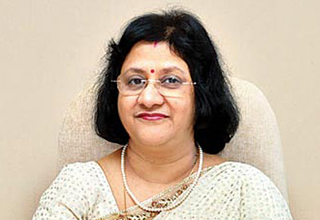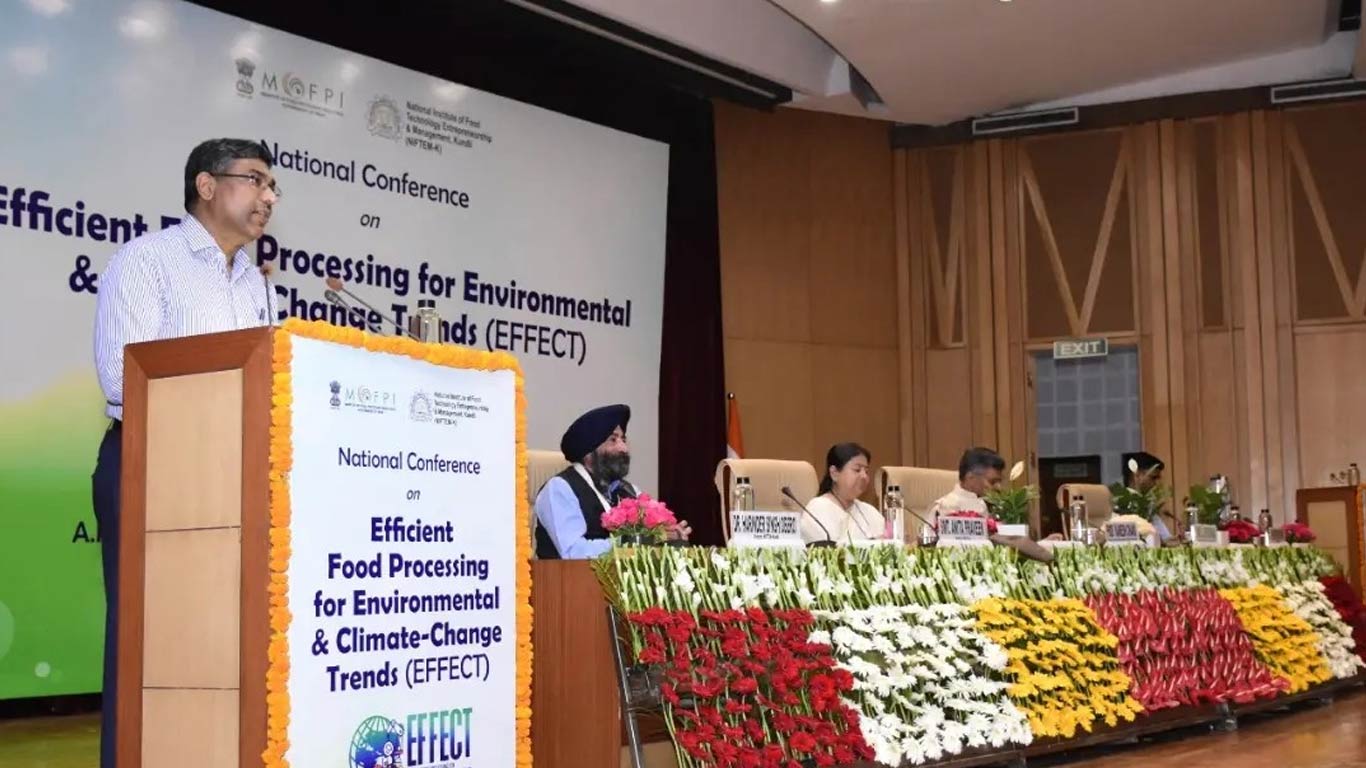Bankers call for conducive regulatory framework, technology awareness & digitization of records
Updated: Aug 25, 2015 12:07:21pm

This was the shared view expressed by eminent panelists of Indian bankers, Arun Kaul, Chairman Incharge, IBA and CMD, UCO Bank; Arundhati Bhattacharya, Chairperson, FICCI’s Banking and FI’s Committee, Secretary, IBA and Chairman, State Bank of India; Chanda Kochhar, Deputy Chairman, IBA and MD & CEO, ICICI Bank; and Shikha Sharma, MD and CEO, Axis Bank.
The panelists’ were deliberating on ‘Evolution, Experimentation and Ecosystems: Models of Successful Bank Responses to Disruption across the Globe’ on day one of FIBAC 2015 on Monday, which was organized jointly by the Federation of Indian Chambers of Commerce and Industry (FICCI) and Indian Banks' Association (IBA) with Boston Consulting Group (BCG) as knowledge partners.
Expressing his views on technology adoption by Indian banks, Kaul said that Indian banks have been adopting technology at a fast-pace. On another note, he suggested that banks should be allowed to venture into non-financial products. Citing the example of European banks, he said that these banks also sell holiday packages to its customers and their service is much in demand.
Speaking on direct benefit transfer (DBT), Bhattacharya said that financial inclusion schemes of the Government can become sustainable and profitable with DBT becoming a reality, enhanced financial literacy and access to digital banking by way of broadband and data connectivity. She added that digital banking also has challenges when it comes to regulations and KYC norms, while e-commerce industry does not face any such restrictions.
While deliberating on the difference between e-commerce and digital banking, Kochhar said that e-commerce is transaction-based whereas banks work with a wider perspective of having a long term relationship with its customers. Hence, the reach and penetration of the two should be not compared. As digital banking involves money as a product the customer needs handholding initially to become comfortable with the new technology, she added.
Sharma said that digital disruption can have a dramatic impact on country’s economic activity and it would lead to entrepreneurship which is much-needed at the grass root level to leverage the demographic dividend of India. She added that there is a need to create trust amongst customers towards digital banking and drive innovation at a rapid pace.
The session was moderated by Saurabh Tripathi, Practice Head - Banking, BCG India. (KNN Bureau)











